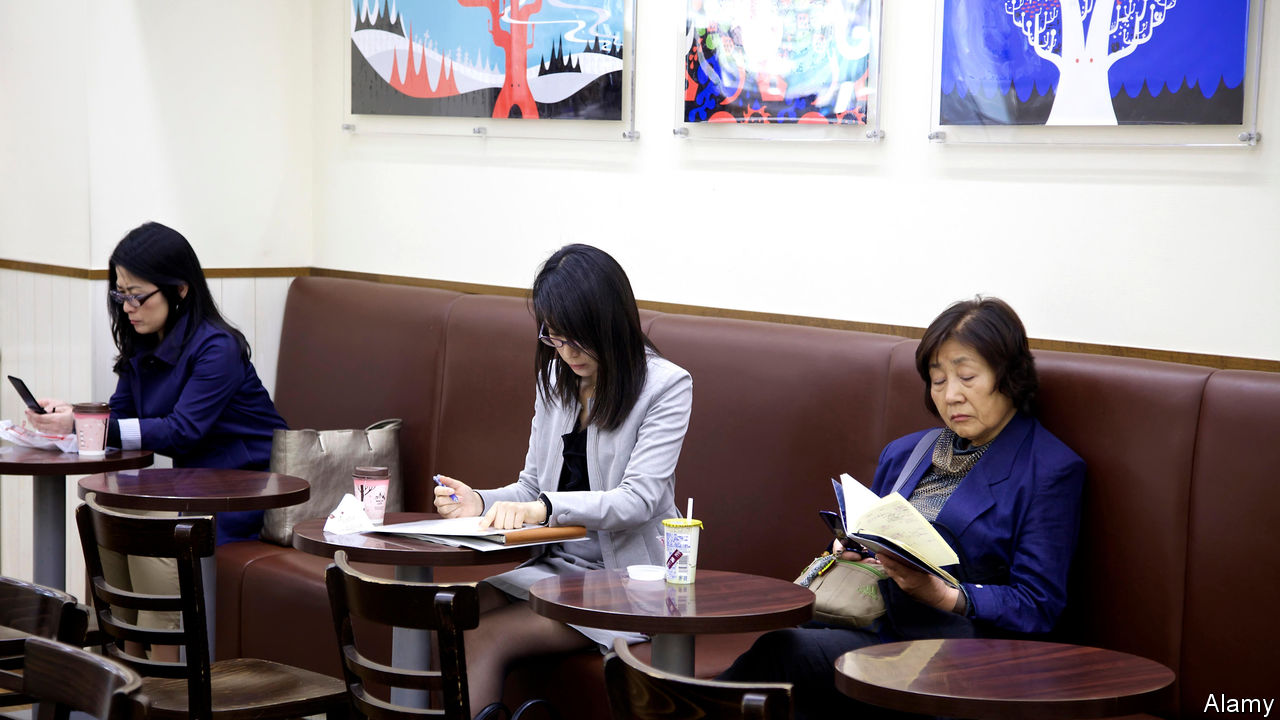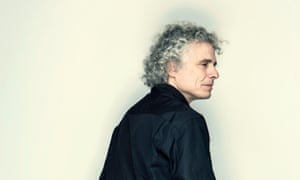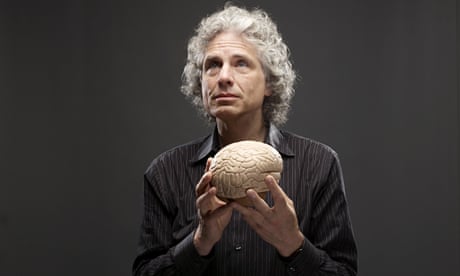Alternate Day Fasting Diet
When it comes to losing weight, the idea of dieting only every other day may seem like an attractive one. After all, knowing we can indulge in our favourites ‘tomorrow’ may make dieting seem more bearable.
But as is always the case with anything that sounds too good to be true, there’s a downside – and in this case, it’s eating very little on the days in between. Nevertheless, some scientists believe that alternate day fasting doesn’t just help us lose weight. It may also make us healthier, reducing our risk of health problems such as heart disease and cancer, and easing the symptoms of conditions such as asthma. Supporters of this fasting diet even say it can help us live longer.
One of the most popular diet books based on the idea of intermittent feasting and fasting is The Alternate-Day Diet, written by plastic surgeon Dr James Johnson. Here’s the lowdown…
What is The Alternate-Day Diet?
In a nutshell, this diet involves alternate day fasting, eating very little on one day followed by eating what you’d normally have the next day.
Isn’t that just another way to reduce calories overall?
It certainly is. But some experts believe that eating like this will make you healthier and help you live longer – as well as shifting those pounds. What’s the theory of intermittent fasting?
The idea that restricting our calories makes us healthier and increases our life expectancy has been around for decades and forms the basis for a book called The Longevity Diet by Brian Delaney and Lisa Walford. As far back as the 1930’s, an American scientist found that drastically reducing the calories fed to mice helped them to live longer and be healthier. In more recent times, the same thing has been shown in a variety of life forms including fruit flies, roundworms and monkeys.
The idea of severely restricting calories every other day – rather than every day – to improve health and life expectancy came in 2003 following laboratory research carried out at the 1National Institute on Ageing in America. After 20 weeks, mice who were allowed to eat as much as they wanted on one day but not fed the next day, lived longer and had lower levels of glucose and insulin and improved insulin sensitivity compared to mice that were allowed to eat freely all of the time. But more importantly, these levels matched or were even better than those of mice who ate 40 percent fewer calories than normal every day. The scientists involved in the study concluded that alternate day fasting was just as likely to improve health and life expectancy as a daily calorie restriction.
Is there any evidence that the same thing happens in humans?
To date, most research has been carried out in laboratories with animals. There aren’t many human studies that have looked at the link between restricting calories and life expectancy – and even fewer that specifically look at the impact of alternate day fasting on health and longevity. Those human studies that have been carried out have generally had several limitations – namely that they include only a few participants and have only been carried out over a short period of time. It’s an area that needs a lot more research before any definite conclusions can be drawn.
So what’s the link with weight loss?
Unsurprisingly, restricting calories – whether it’s all of the time or fasting every other day – usually results in weight loss. The concept of an eating pattern that alternates between periods of fasting followed by periods of eating is sometimes known as Intermittent Fasting. When this pattern follows a 24-hour fast followed by a 24-hour feast, it’s sometimes called Alternate Day Fasting.
One small human study published in the 2American Journal of Clinical Nutrition has shown how alternate day fasting can aid weight loss. In this study, 16 normal weight adults followed an alternate day fasting regime for three weeks. On fasting days they had nothing but calorie-free drinks whilst on feasting days they were allowed to eat whatever they wanted. At the end of the study, the adults had: - Lost an average of 2.5 percent of their initial body weight
- Lost four percent of their fat mass
This indicates that they didn’t consume two days worth of calories on feasting days to make up for the lack of calories on the day of fasting.
However, most participants felt extremely hungry throughout the study and said they couldn’t sustain this type of eating pattern for long. The scientists behind the study suggested that allowing one small meal on a fasting day might make the diet more acceptable. And that’s exactly what the Alternate-Day Diet is based on. Rather than totally fasting on alternate days, the idea is to severely restrict calories to 20 percent – or just one fifth – of your normal calorie intake.
So how do I follow the Alternate Day Fasting diet?
On the first day of the diet, you have just one fifth of you normal calorie intake that keeps your weight steady. As a guideline, women need around 2,000 calories a day, and men 2,500 calories a day for weight maintenance. This means on a ‘fasting’ day – when you are allowed just one fifth of this – women should have 400 calories and men, 500 calories. However, the heavier you are, the more calories you need just to keep your weight steady. You can get a more accurate picture of how many calories you need for weight maintenance by entering your weight, height and sex into the personal information on Weight Loss Resources database. Then divide this figure by five to calculate the amount of calories you should have on a ‘fasting’ day. To make it easier to stick to such a low calorie intake on fasting days, the Alternate-Day Diet recommends sipping ready-made meal replacement shakes that add up to your ‘fasting’ daily calorie allowance. These have the advantage of being fortified with nutrients and help to remove the temptation to overeat. On the second day of the diet, you simply eat what you would normally eat. Then on day three, you do the same as on day one – and so on. After two weeks on this regime, you should start eating food rather than meal replacement products on ‘fasting’ days. Ideally, you should stick to 20 percent of your usual calorie intake. However, if you find this too restrictive it’s acceptable to increase to 25-35 percent of your usual intake. For women that’s around 500-700 calories a day (based on a usual intake of 2,000 calories); for men it’s 625-875 calories a day (based on a usual intake of 2,500 calories).
How much weight loss can I expect?
The author of the Alternate-Day Diet lost 35lb in 11 weeks – an average of around 3lb a week. However, on average, you can expect to lose around 1-2lb a week, with perhaps a few extra pounds in the first week as your body adapts. This is highlighted by a small study of 12 obese women and four obese men, who, after following a similar intermittent fasting diet, showed:
- An average weight loss of 12lb after eight weeks, equating to 1.5lb a week
- A drop in body fat from 45 to 42 percent in participants
- A reduction in blood pressure, total cholesterol and LDL (or ‘bad’) cholesterol.
How often should I weigh myself?
Only weigh yourself at 6 or 8-day intervals, preferably in the morning after a fast day. This is because you can see a variation of as much as 3-4lb between a feast and fast day.
So is weight loss purely down to an overall calorie reduction?
According to the author of the Alternate-Day Diet this isn’t the case. Certainly, atotal calorie reduction through fasting aids weight loss. However, this approach is based on the idea that fasting every other day also activates a ‘skinny’ gene called SIRT1 that helps to boost weight loss further and adds to the health benefits of such a diet. What else can you tell me about this skinny gene?
The way SIRT1 works is complicated. The theory goes that when cells are restricted of energy – as is the case when we have a very low calorie intake – they become ‘stressed’ and start to die. This is thought to trigger a chain of events that activates SIRT1, which in turn sets off a process that stops cells from dying.
This skinny gene is thought to help make our metabolism more efficient so that we burn fat more effectively and also helps to inhibit fat storage. Plus, SIRT1 has been shown to inhibit substances in our bodies that can cause inflammation. This is important because inflammation is thought to be at the root of many health problems including: - heart diseases
- cancer
- premature ageing
- asthma
- arthritis
- Alzheimer’s disease
It’s thought this may be the reason why animal research shows that restricting calories improves health.
Can anyone follow this diet?
It’s always worth checking with your doctor before starting a new diet. However, very low calorie intakes on alternate days may not be suitable for some people, for example, people with diabetes. Eating very little on certain days may also not be suitable if you take certain medications. To be sure, it’s best to see your doctor and discuss the diet.
What are the pros of Alternate Day Fasting?
Ultimately, this intermittent fasting plan can reduce your overall calorie content to help you lose weight. You may also feel less deprived on a plan like this as you’re dealing with ‘dieting chunks’ that last for just 24 hours at a time. It also enables you to eat normally at social occasions, taking away the worry about trying to choose low calorie options.
This type of eating pattern may also help to prevent metabolism from slowing down, which inevitably occurs when calories are restricted. Your body doesn’t perceive it’s starving – which is what happens with a constant low calorie intake – so the mechanism that kicks in to slow down your metabolism in order to save calories doesn’t get switched on. This type of eating pattern is simply a far more extreme version of what nutritionists and dietitians often recommend – compensating for a day of overindulging with a day of being strict. And the cons of Alternate Day Fasting?
There’s always the possibility you may end up bingeing on the ‘feast’ days, as you’re so hungry after a fasting day. Research with mice found that alternate day fasting didn’t result in weight loss as the rodents simply gorged themselves on the days when they were able to eat, easily compensating for all the calories they had saved by fasting ever other day.
This is easier to do than you might think, too. For example, with this diet, a woman who normally needs 2,000 calories a day to maintain her weight would alternate between having 400 calories on one day and 2,000 calories the next – giving a total of 2,400 calories over the two days instead of the normal 4,000 calories.
However, having a chicken korma with pilau rice, a naan bread, a couple of poppadoms with chutney and two large glasses of wine alone contains around2,300 calories. Add this to a normal 400-calorie breakfast, a normal 600-calorie lunch, 300 calories worth of snacks plus 400 calories on a ‘fasting’ day and your calorie intake over the two days is 4,000 calories – the same as you’d normally eat, therefore totally undoing the calorie savings of a fasting day. You’re also likely to come unstuck if your ‘normal’ diet isn’t that healthy and you continue with this type of eating on non-fasting days. And there’s the potential for us to end up with an unhealthy diet that’s lacking in nutrients, particularly if you don’t follow the principles of healthy eating on the days when we can eat. Finally, there’s the very real problem of dealing with extreme hunger on fasting days. Juliette’s verdict
The idea of eating what you want every other day certainly sounds attractive – but of course it comes with payback – and that’s practically starving yourself on the alternate days! Nevertheless, this type of eating pattern may work for some. Effectively, it’s simply a new way to help you take in potentially fewer calories than you burn up so that you use up your fat stores and lose weight as a result.
However, for the plan to really work, it’s crucial that on the days when you do eat, you don’t go mad and gorge yourself. Spend these days eating biscuits, cakes, fried food, sugary drinks, crisps and chocolate and you won’t get the benefits of the fasting days. It’s also important to make sure that the foods you do eat are packed with nutrients to help top up intakes of protein, vitamins , minerals and fibre – the downside of eating roughly half as much as normal means you’re likely to miss out on half the nutrients you’d normally get. This means ‘feasting’ days should consist of plenty of fruit, veg, wholegrains, pulses,lower-fat dairy products and lower-fat protein-rich foods such as lean red meat, poultry, fish and eggs. Knowing you need to be less rigid in what you eat the next day may help to avoid feelings of deprivation, which tend to be more common when following a restricted diet for weeks on end. This can help to keep you motivated. Whether or not alternate day fasting really does offer major health benefits and increase life expectancy remains a matter of debate. There’s simply not been enough well-designed, long-term studies in humans to reach the conclusion that restricting calories helps us to live longer. Indeed, it’s a big jump to suggest that what we see in mice will also be seen in men!
What we do know though, without a shadow of doubt, is that losing weight is one of the most important things we can do to improve our health and life expectancy. A recent analysis of 57 long-term studies found that obesity seriously reduces our life span – people who are very obese can expect to knock 10 years of their life. That’s similar to someone who has spent a lifetime smoking. Huge amounts of research have proven that being overweight increases our risk of many health problemsincluding heart disease, stroke, high blood pressure, certain cancers, type 2 diabetes and, in turn, many of these conditions are known to reduce the number of years we are expected to live. Bottom line: if you want to live longer and stay healthy, losing weight, if necessary, will help. The key is to find an eating plan that suits you and your lifestyle – and if you like the sound of the Alternate-Day Diet then it might be worth giving it a go to kick start a longer-term healthy eating plan. Typical Fast Day (529 calories)
Breakfast
1 slice wholegrain toast with 1tbsp peanut butter
Lunch
Bowl of Asian chicken noodle soup made from chicken broth, courgette, peppers, spring onions, a little cooked chicken breast, a small amount of noodles and hot pepper sauce.
Dinner
Turkey chilli made from a little minced turkey, garlic, pepper, chilli, canned tomatoes, white beans e.g. cannellini, spices and herbs.
References
1 National Institute of Aging - RM Anson, Z Guo, R de Cabo, T Iyun, M Rios, A Hagepanos, DK Ingram, MA Lane, MP Mattson, "Intermittent fasting dissociates beneficial effects of dietary restriction on glucose metabolism and neuronal resistance to injury from caloric intake," Proceedings of the National Academy of Sciences Online Early Edition the week of April 28, 2003 2 American Journal of Clinical Nutrition - Leonie K Heilbronn, Steven R Smith, Corby K Martin, Stephen D Anton, and Eric Ravussin "Alternate-day fasting in nonobese subjects: effects on body weight, body composition, and energy metabolism1,2" © 2005 American Society for Clinical Nutrition Recommended for Fast Thinkers
Editor's Picks






